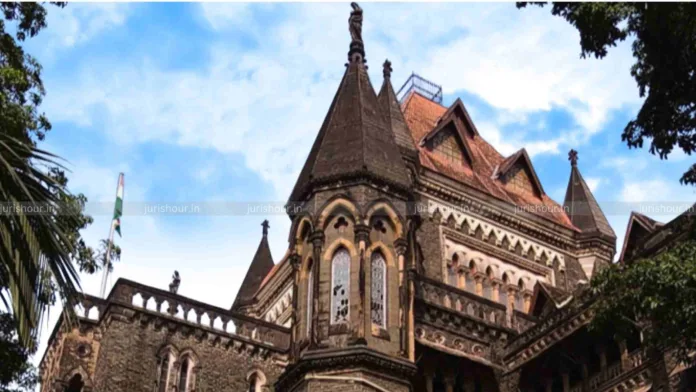The Bombay High Court has held that Artificial Intelligence (AI) cannot override natural justice, and the Centralized Processing Centre (CPC) portal must reflect thoughtful consideration.
The bench of Justice M.S. Sonak and Justice Jitendra Jain has observed that the Respondents/the Income Tax Department must create a system in which their CPC or portal demonstrates thoughtful consideration, and the essence of the orders is not like the “inscrutable face of a sphinx.” Resorting to Artificial Intelligence (AI) is certainly welcome. However, when the application of thoughtful consideration through actual intelligence is required, it cannot be cast aside simply because AI and automation represent the expedient future.
The bench stated that the principles of natural justice and fairness are too valuable to be sacrificed at the altar of AI and automation expediency.
The petition concerns Assessment Year 2022-23, for which the Petitioner filed its income tax return on the department’s portal on 27 July 2022. On 14 December 2022, the Petitioner received a notice, possibly generated by the CPC/Portal, raising defects in the return. This notice stated that the taxpayer, i.e. the Petitioner, had claimed gross receipt or income under the head “Profits and Gains of Business or Profession” of more than Rs.10 Crore, exceeding the threshold limit under Section 44AB of the Income Tax Act. However, no tax audit report was filed as required under Section 44AB of the IT Act.
The Petitioner responded to the defects notice by pointing out that it had claimed gross receipts or income under the head of “Profits and Gains of Business or Profession” amounting to Rs.6.15 crores only, which was much less than the threshold limit of Rs.10 crores. Hence, the Petitioner submitted that there was no requirement to obtain and e-file a tax audit report.
The Petitioner heard nothing further in the matter for quite some time. The Petitioner raised its grievances through the department’s online grievance portal, requesting that its return be processed and refund, as permissible under the law, be granted.
The Petitioner submitted that the department by completely ignoring the Petitioner’s plea and reasoning vide the impugned order, declared the Petitioner’s return invalid. There was no compliance with the principles of natural justice, and the impugned order was entirely non-speaking.
The Petitioner, submitted that the impugned order is computer generated or made by the CPC without any application of mind or considering the cause shown by the Petitioner. The order contains no reasons whatsoever. All this vitiates the impugned order for violating the principles of natural justice and fair play.
The petitioner submitted that the order was generated by the portal (AI/CPC). Since the Petitioner was engaged in business and further since declared income exceeded Rs.10 crores, the return was declared invalid under Section 139(9) because it was not accompanied by any tax audit report as required under Section 44AB of the Income Tax Act. The defects notice was issued to the Petitioner, and full opportunity was given to rectify defects. There was no breach of the principles of natural justice and fair play.
The court noted that the duty to give reasons in support of adverse orders is a facet of the principles of natural justice and fair play. In several cases, the necessity of providing reasons by a body or authority to support its decision was considered before the Supreme Court. Initially, the Court recognised a sort of demarcation between administrative orders and quasi-judicial orders. Still, with the passage of time, the distinction between the two got blurred and thinned out, reaching virtually a vanishing point.
The court relied on the decision of Supreme Court in whcih held that the face of an order passed by a quasi-judicial authority or even an administrative authority affecting the parties’ rights must speak. It must not be like the “inscrutable face of a sphinx” (vague ruling).
The court declined to entertain the Petition but relegate the Petitioner to avail of the alternate remedy under Section 264 of the Income Tax Act. Suppose a revision is instituted within four weeks from today. In that case, we direct the Revisional Authority to dispose of the revision petition as expeditiously as possible and, in any event, within three months of its institution. Needless to add, the Revisional Authority must give the Petitioner an opportunity of hearing and pass a reasoned order on merits and not remand the matter to CPC.
Case Details
Case Title: TPL – HGIEPL Joint Venture Versus Union of India
Case No.: Writ Petition (L) No. 15292 Of 2024
Date: 27 March 2025
Counsel For Petitioner: Dhinal Shah
Counsel For Respondent: Akhileshwar Sharma





